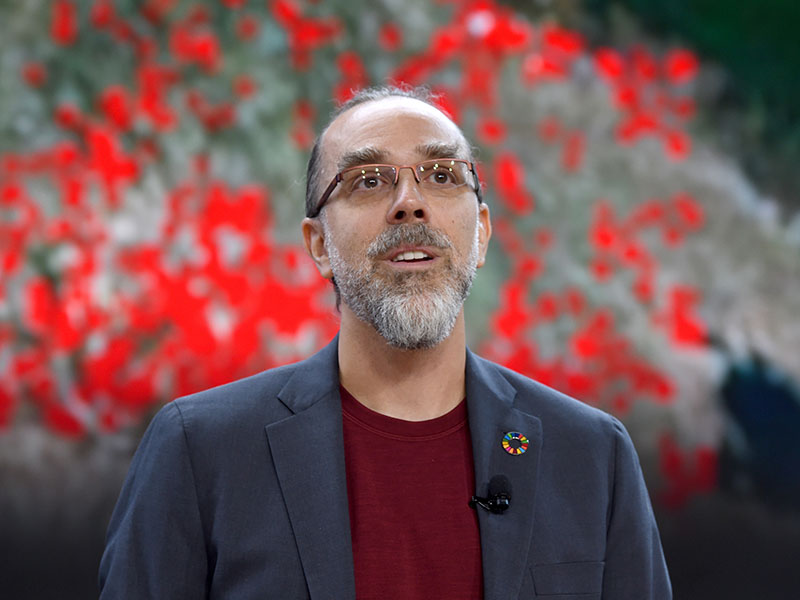Alphabet hopes to change the face of cybersecurity with the launch of Chronicle
Chronicle, the latest development to stem from Alphabet’s exploratory research arm, plans to use AI to crack the corporate cybersecurity market

Astro Teller, the head of Alphabet's research arm, has stressed the face of commercial cybersecurity is changing, with companies struggling to analyse the volume of security warnings they receive
On January 24, Alphabet, the parent company of search giant Google, announced the launch of an independent cybersecurity wing that will sell its services to Fortune 500 companies. The new company, Chronicle, has been developed in Alphabet’s exploratory research arm, known simply as ‘X’. Stephen Gillett, who formally held a senior position at cyber firm Symantec and transferred to X from Google’s venture capital arm, will assume the role of CEO.
In addition to the newly developed technology, Chronicle will incorporate VirusTotal, a malware detection service acquired by Google in 2012. Chronicle has not released specific details of how its technology works or which companies have agreed to use it, but it has confirmed it aims to give a clearer view of businesses’ security status by harnessing the power of Google’s machine-learning technology.
Chronicle has confirmed it aims to give a clearer view of businesses’ security status by harnessing the power of Google’s machine-learning technology
The unit hopes this technology – a form of AI – will sort and analyse vast stores of data to identify cyber threats faster. Astro Teller, the head of X, has previously emphasised the benefits of cybercrime prevention, and this technology could allow companies to target hackers while they are still active.
Chronicle will also attempt to curtail the rising cost of computing power and storage space required for effective cybersecurity. In the blogged announcement, Astro Teller stressed the face of commercial cybersecurity is changing, with companies struggling to analyse the volume of security warnings they receive: “Many investigations are hampered by the gaps in available information, simply because the cost of storing all the relevant data is increasing far faster than a typical organisation’s budget.” Chronicle, he claims, will lower customers’ data storage costs to ease this issue.
The development of Chronicle is a mark of Alphabet’s efforts to expand beyond online advertising into the burgeoning corporate computing market. In January, Kroll’s annual Global Fraud & Risk Report found that 86 percent of companies reported they experienced at least one cyber incident in 2017, compared with 75 percent in 2015. Further, companies have been urged to adopt more sophisticated security measures in the wake of a vulnerability scandal concerning chips produced by Intel, AMD and ARM.
The cybersecurity market is crowded, with bigger players such as McAfee struggling to compete with the sophisticated technology of nimbler start-ups. However, Chronicle’s advanced technology – backed by Alphabet’s wealth of capital, data and existing customers – is likely to be a formidable force in the expanding cybersecurity industry moving forward.













